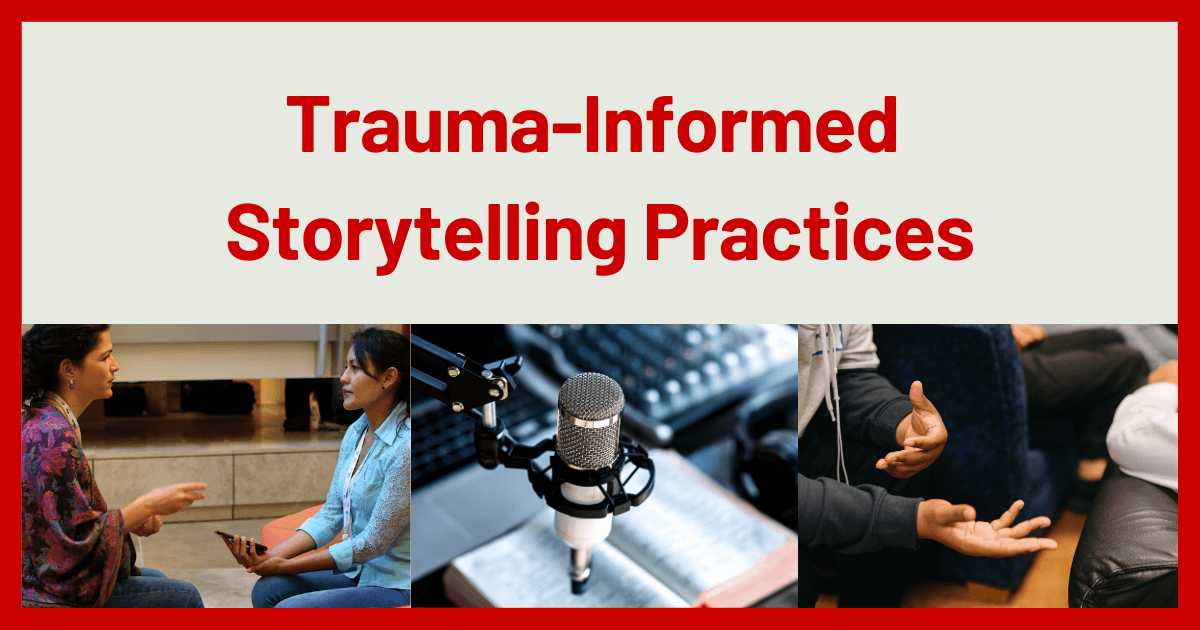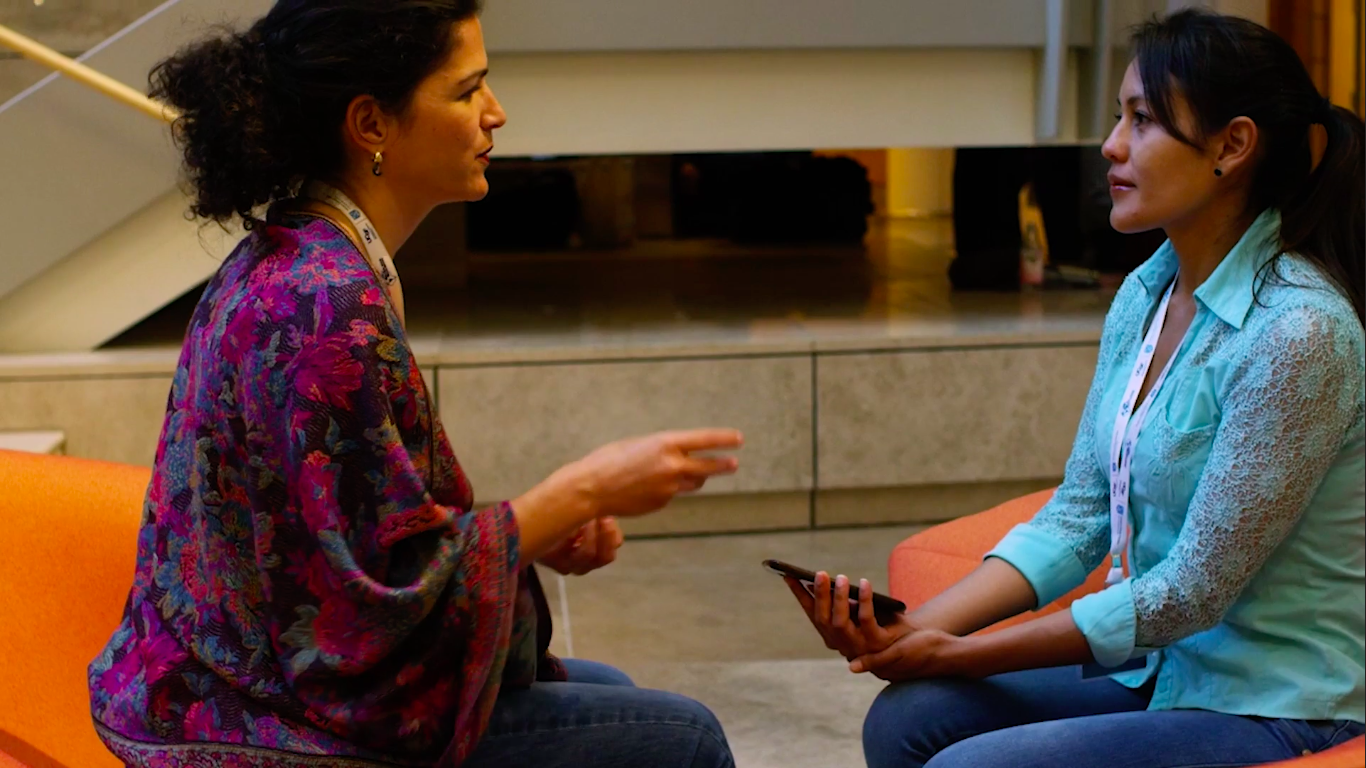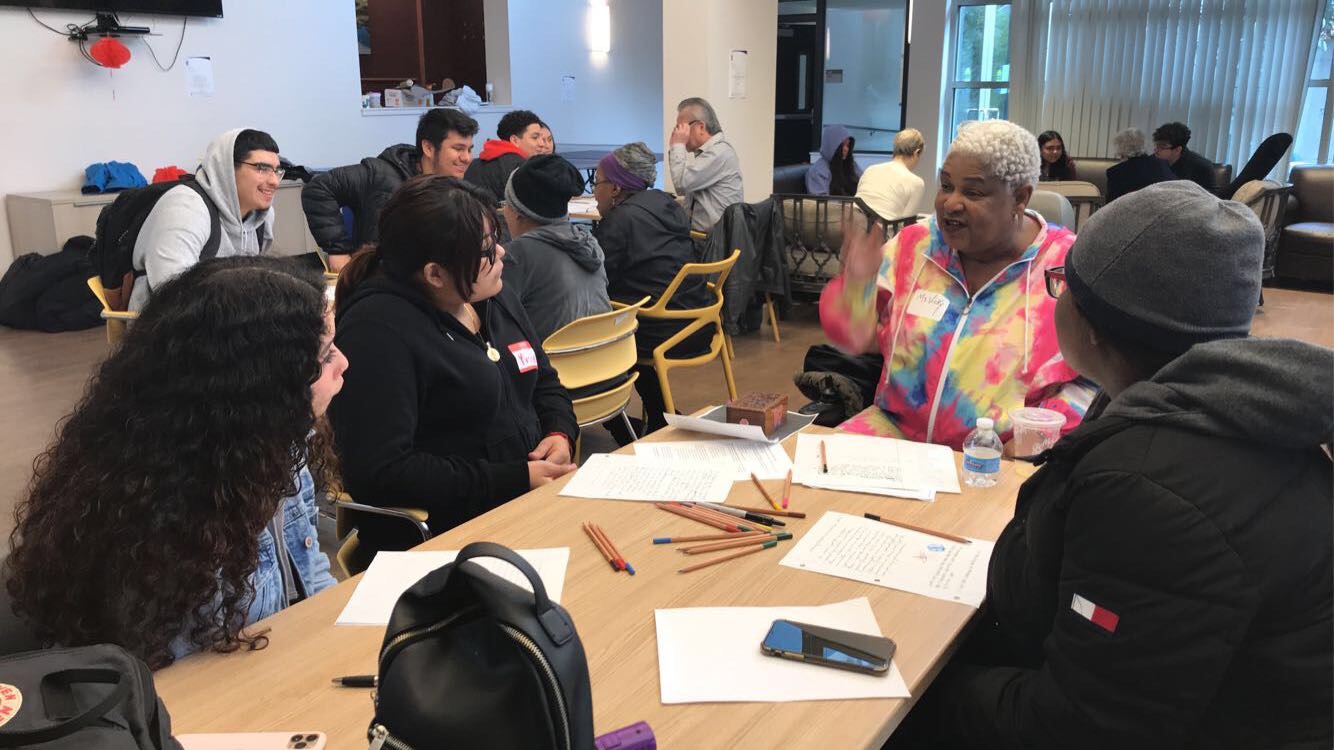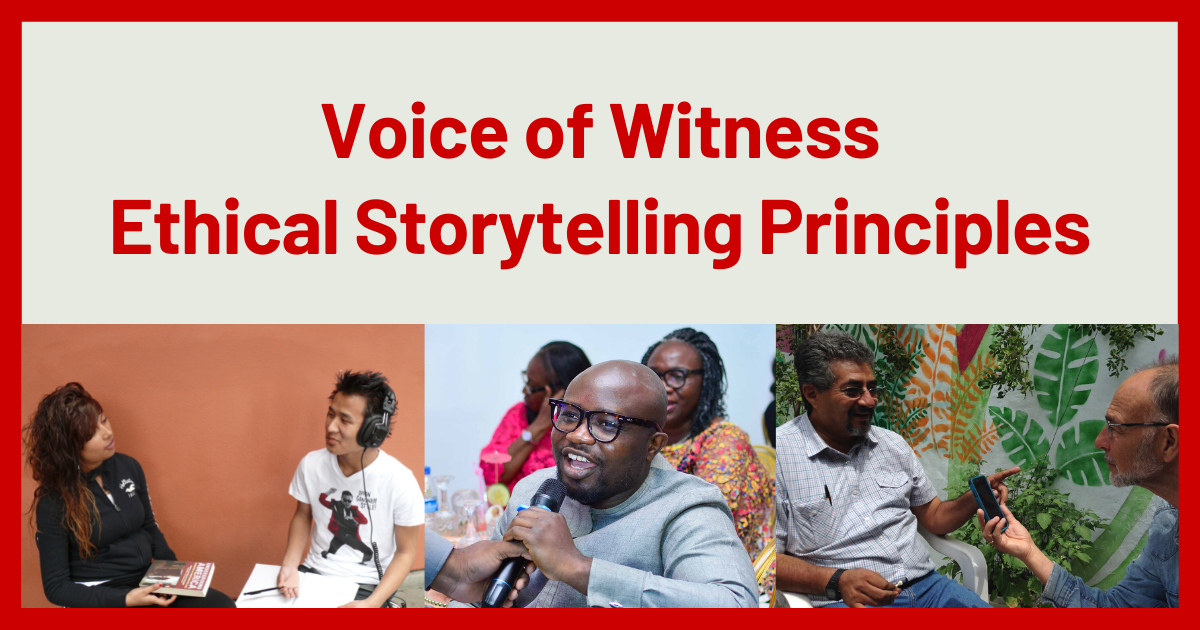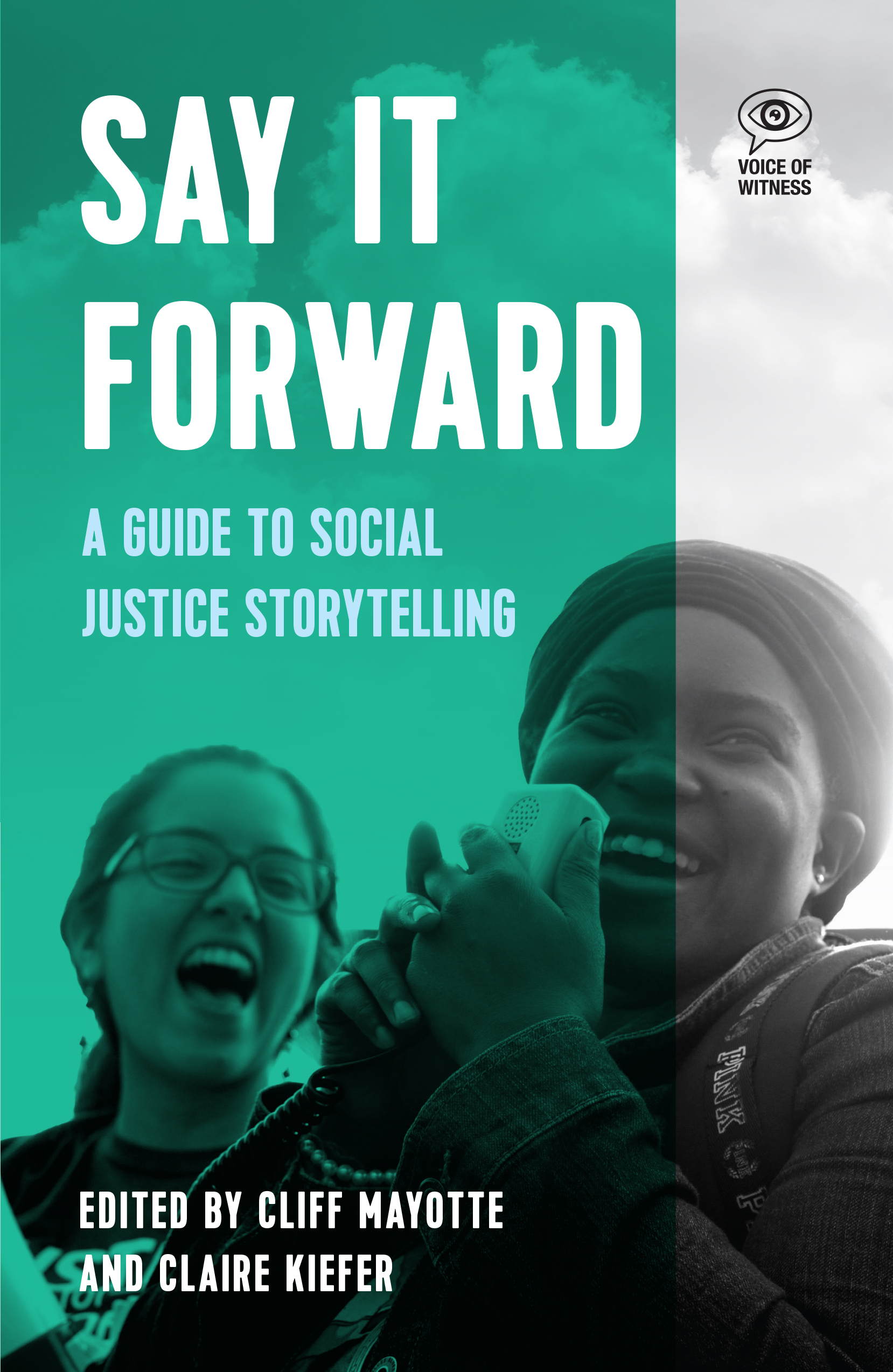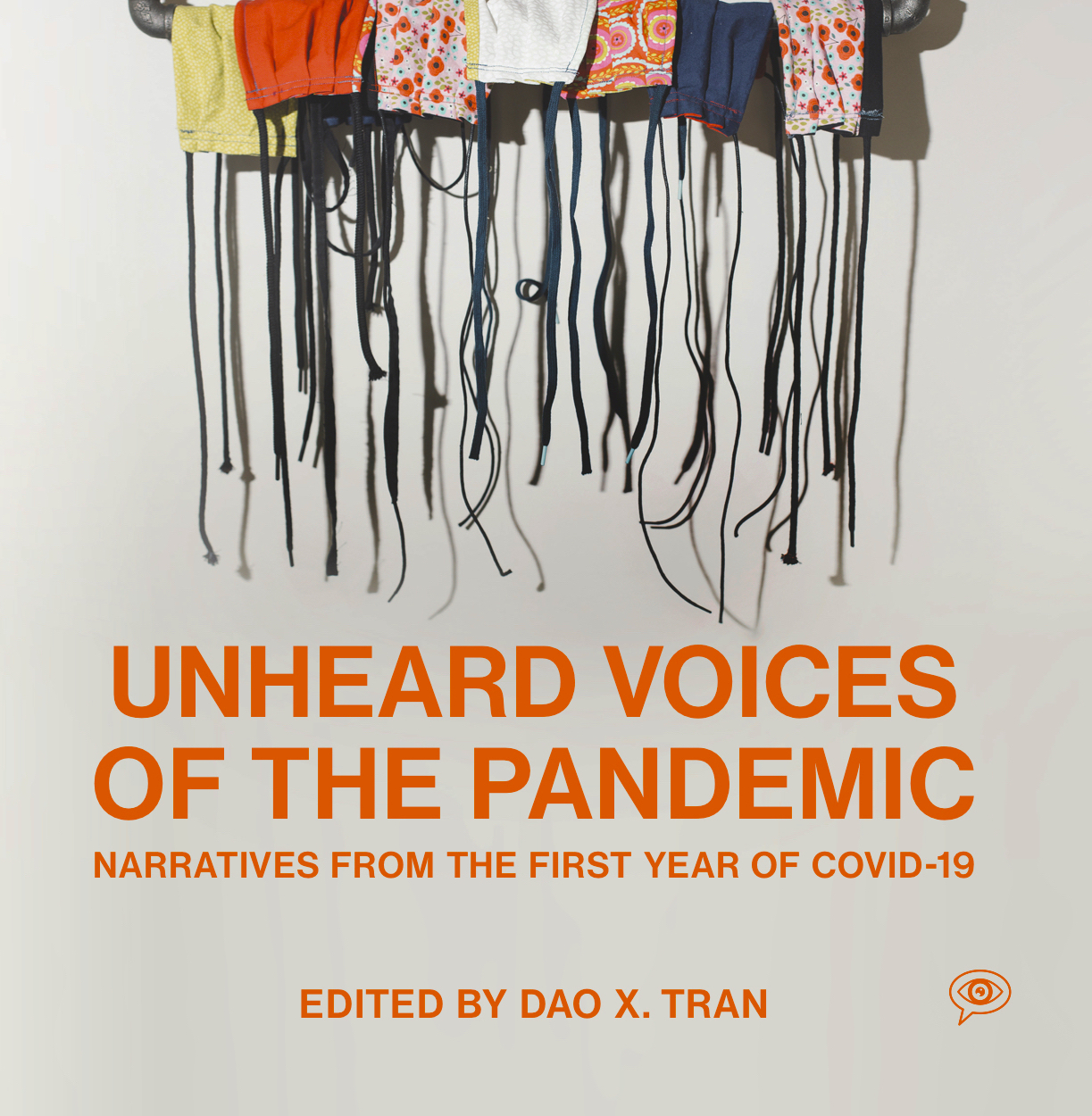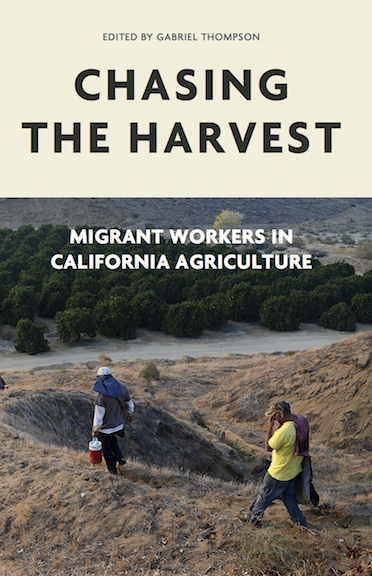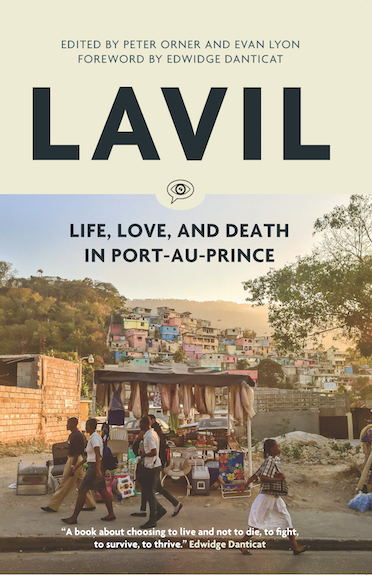Community
VOW’s Trauma-Informed Storytelling Practices
Here are 10 key trauma-informed practices to create ethical, supportive spaces for storytelling and personal narrative. While our approach is focused on oral history, these principles apply to many types of community-based, interview-based, or relational work.
Benefits of Oral History
What is the value of oral history? This resource page explores the transformative power of oral history-based storytelling and its many applications. Goals and outcomes can include education, advocacy, healing and connection, community building, ethical storytelling, and narrative change.
Deep Conversation Starters for Relationship Building
This single-page handout contains over twenty prompts to spark new stories, deepen bonds, and create a safe and brave space for sharing.
Ethical Storytelling Principles
VOW’s ethical storytelling principles are grounded in values of respect, dignity, empathy, transparency, collaboration, and equity. These principles are relevant to many forms of community-based storytelling and programs.
Say It Forward: A Guide to Social Justice Storytelling
Say It Forward is a DIY oral history guide that outlines best practices for social justice storytelling and community-based projects.
Book Club Discussion Questions: Unheard Voices of the Pandemic
Use these questions to start a book club or discussion about Unheard Voices of the Pandemic.
Book Club Discussion Questions: Chasing the Harvest
Use these questions to start a book club or discussion about Chasing the Harvest.
Cultural and Personal Identity • Economic Justice • Environmental Justice • Migration & Displacement
Book Club Discussion Questions: Lavil
Use these questions to start a book club or discussion about Lavil.
Cultural and Personal Identity • Economic Justice • Environmental Justice • Migration & Displacement

